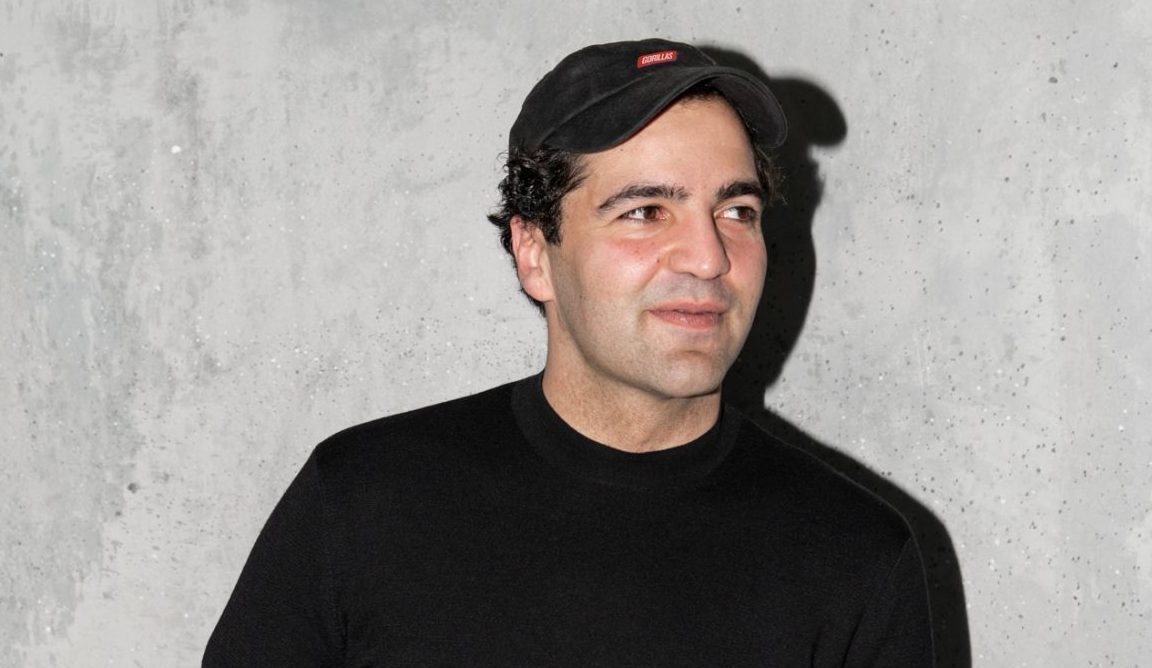Telehealth giant Kry, known as Livi in the UK and France, has raised $160m of debt and equity funding in a follow-on round from its Series D, as it looks to deepen its ties to public healthcare bodies and expand into new care segments.
Kry says it will continue to look to partner with public healthcare bodies and build out its primary care offering, alongside growing specialist and secondary care support — like mental health and women’s health.
Further international expansion, however, is less likely in the near future, according to Kry’s founder and CEO Johannes Schildt.
“The market around us is changing and there will be less aggressiveness from smaller competitors — so we might not need to expand as quickly into new markets as we would have done,” he says.
Schildt also tells Sifted that Kry’s accelerating its route to profitability amid the tech slowdown, and in May laid off 100 non-clinical roles in a bid to tighten the purse strings.
Who’s investing in Kry
- The round featured Teachers’ Venture Growth, the investment arm of the Canadian $242bn Ontario Teachers’ Pension Plan and Stockholm-based debt financing investment firm P Capital Partners.
- Previous backers Index Ventures, Accel, Creandum and Project A also got in on the action.
What Kry offers
Kry launched in 2015, and provides a platform for patients to access video appointments with doctors and other healthcare professionals. 90% of its revenue comes through partnerships with public healthcare bodies like the NHS. The other 10% comes from a direct-to-consumer private healthcare offering.
Since launching in Sweden, Kry has expanded into the UK, France, Norway and Germany. It’s active in more European markets than fellow telehealth giants Doctolib and Babylon: a testament to how difficult it is to scale across borders in the region’s healthcare sector.
Initially Kry was focused exclusively on primary care, but has since expanded into specialist and secondary care, like mental health, women’s health, paediatrics and dermatology, as it looks to gobble up more of the healthcare value chain.
The telehealth provider has 27 physical clinics in Sweden and one in France, and tells Sifted it has plans to open more in both markets later this year. It currently has no plans to build brick-and-mortar clinics in the UK, Norway or Germany, however.
In 2020 Kry also introduced a SaaS product in the UK, helping GPs monitor and support patients remotely, which it says will be integrated with the NHS app in the near future.
The telehealth market
The shift to digital in healthcare started “long before the pandemic”, says Schildt, but Covid “definitely accelerated it”.
And he should know: the Swedish scaleup raised the largest round for a digital health company in Europe last year — a $312m Series D — and saw 100% year-on-year growth in 2020 and 2021.
“Payers [public healthcare bodies] are starting to understand that digital is a critical piece of our healthcare infrastructure to maintain the current welfare states,” Schildt tells Sifted.
Schemes like Germany’s DiGA have created a standardised pathway for digital therapies to reach patients via public healthcare — and a number of other European countries are looking to launch similar programmes. The EU also proposed health data sharing legislation in May.
The raise follows weighty rounds this year for French telehealth duo Doctolib and Alan — which snapped up €500m and €183m, respectively — as pandemic-driven digitalisation and increasingly favourable regulatory conditions in Europe have cut a path for digital health startups.
Sifted’s take
On the back of Babylon’s — albeit poorly timed — SPAC last autumn and big raises for telehealth scaleups so far this year, the digital health sector is beginning to show real maturity. And while the second half of 2022 is looking less certain for the tech sector, investors clearly aren’t giving the cold shoulder to healthtech just yet.
There’s clearly rising demand from consumers, regulators and medical professionals for greater digitisation in healthcare, and frontrunners like Kry, Doctolib and Babylon have cemented their place in the industry.
It will likely be the ones that can embed themselves in public healthcare that’ll be the most successful in Europe.


